What exactly is trauma?
Understanding the different types of trauma
Trauma: When the stress cycle gets stuck
The term "trauma" is being used a lot right now. But what exactly does trauma actually mean?
In short, traumas are experiences that are so profound that we cannot fully process and cope with them.
What happens during a trauma?
Our body has a natural stress cycle that helps us react quickly in dangerous situations. After the danger has passed, this cycle should subside and we return to a state of relaxation.
However, if a trauma remains unprocessed, the stress cycle gets stuck and post-traumatic stress syndrome can develop. The experience is stored in the subconscious and in the body (muscles and fascia) and can catch up with us again and again in the form of flashbacks, nightmares, anxiety or other symptoms.
Why is processing so important?
If we are unable to process a trauma within approx. 3-6 months (preferably with support), it can lead to PDBS.
Only when we are able to process and integrate the traumatic experience is the stress cycle completed and we can leave the stressful symptoms of PTSD behind us.
Healing takes time and safety.
Processing a trauma requires time, patience and inner safety. There are various therapies and methods that can help to cope with the experience and release the associated blockages.
It is important that you give yourself time and treat yourself gently. There is no shame in having a trauma - most people do. With the right support, you can leave the past behind you and lead a happy and fulfilling life.
What types of trauma are there?
When we understand the different types of trauma with their unique challenges, we can deal with ourselves and our fellow human beings in a more understanding and empathetic way.
-
Birth trauma refers to traumatic experiences a newborn may have during the birthing process. These experiences can be physical or emotional. For example, they can occur if the baby gets stuck in the birth canal for too long during delivery, if forceps or a vacuum extractor are used, if the baby experiences oxygen deficiency, umbilical cord around the neck, caesarean section, etc.
Birth trauma can lead to various physical and emotional challenges in later life and often requires professional support to overcome. Breathwork can also be very helpful here.
-
Developmental traumas refer to negative experiences that occur during the formative years of childhood and adolescence. These experiences can include abandonment, breach of trust, neglect, abuse, or experiences of violence, which can have a lasting impact on a person's psychological development. Developmental traumas can disrupt the normal course of emotional and cognitive development, leading to problems building healthy relationships, dealing with feelings, and regulating stress.
Treating developmental trauma often requires a comprehensive and long-term approach that includes therapy, support networks, and healing practices such as breathwork and mindfulness.
-
Attachment traumas often manifest in our early developmental stages, when we are not yet able to regulate ourselves and are completely focused on our caregiver. During this time, we adopt the strategies of our caregiver, and our own needs, ideas, and impulses take a back seat in order to maintain the security of the relationship, which is essential for children's survival.
The effects that can be caused by attachment trauma are very extensive. These include anxiety disorders, depression, difficulties in regulating emotions and forming relationships. Low self-esteem and a negative self-perception can also occur. It is essential to recognize these effectsBreathwork can be very supportive here) and to take appropriate measures to minimize the overall negative consequences of attachment trauma.
-
Shock trauma, also known as acute trauma, occurs as a result of a sudden and overwhelming event or series of events – too much, too fast, too long, too intense. These events can include natural disasters, accidents, losses, acts of violence or medical emergencies. The sudden and unexpected nature of a shock trauma can lead to intense feelings of fear, helplessness and horror, as well as a disturbance of the nervous system and thus a person's sense of security.
Individuals who have experienced shock trauma may develop symptoms of post-traumatic stress disorder (PTSD), such as overwhelming memories, hyper arousal and avoidance of reminders of the traumatic event. Treatment for shock trauma often involves immediate support and stabilization, followed by longer-term therapy (including breathwork) to address the lingering effects of the trauma on the person's mental and emotional well-being.
-
Collective trauma refers to the psychological and emotional impact of major events that affect entire communities or populations. These events can include war, terrorism, political unrest or widespread natural disasters. Collective trauma can lead to a shared sense of grief, loss and displacement, as well as profound disruptions to social structures and cultural identities.
The effects of collective trauma can be felt for generations, shaping the collective memory and narratives of a community or society. Coping with collective trauma often involves recognising and validating the experiences of those affected, promoting community resilience and supporting social and political efforts to address the underlying causes of the trauma.
-
Generational trauma, or intergenerational trauma, refers to how trauma within a family or community can be passed down through several generations. It often arises from historical events such as genocide, displacement or colonialism and affects the well-being of those affected and their descendants for years to come. Generational trauma can manifest itself in the family through unresolved grief or dysfunctional behavioral patterns. To deal with this, it is important to acknowledge the legacy of trauma and promote healing from generation to generation. Existing injustices and disadvantages must be addressed in order to resolve the trauma. Energy work can also be very helpful here in order to detach oneself from what does not belong to oneself.
How can I recognise and integrate my traumas?
I would be happy to support you in dealing with your traumas and imprints and reintegrating separated parts of yourself.

